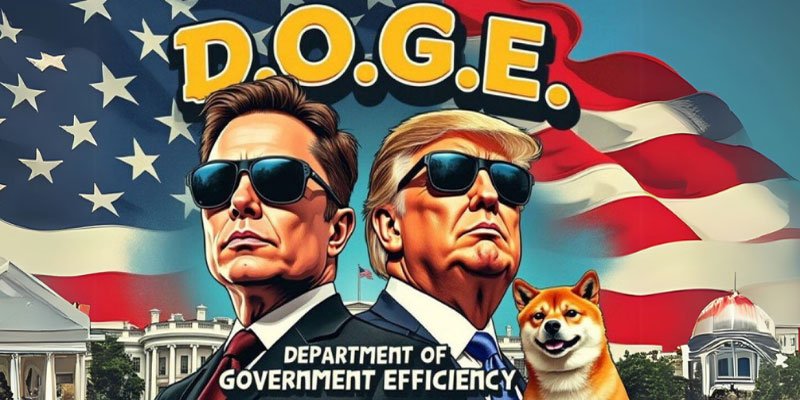
Trump’s Trade War Costs Firms $34B Legal Fight Escalates
President Donald Trump’s trade policies have cost companies over $34 billion, according to a Reuters analysis based on corporate disclosures. The data draws from 32 S&P 500 companies, three European STOXX 600 firms, and 21 Nikkei 225-listed companies, highlighting widespread impact. Corporations like Apple, Ford, Porsche, and Sony have lowered profit forecasts, citing tariff-related unpredictability.
Economists, including Yale’s Jeffrey Sonnenfeld, argue that the real economic toll could be two to three times higher, factoring in reduced business investment, weaker consumer spending, and heightened inflationary pressures. Many believe that these ripple effects are not fully captured in the reported figure.
Despite rising costs, some industries defend the tariffs. General Motors has supported select duties, claiming they create a level playing field for U.S. automakers. The Trump administration insists that tariffs will narrow the U.S. trade deficit and encourage reshoring of manufacturing jobs. The Tax Foundation estimates $152.7 billion in federal revenue by 2025 from tariffs, about 0.49% of GDP.
However, significant downsides persist. Studies suggest tariffs have led to 169,000 job losses and increased annual household expenses by around $1,200. Companies like Kimberly-Clark and Diageo report higher costs, prompting investment reviews and cost-cutting measures.
The tariffs’ legality was challenged on May 29, 2025, when the U.S. Court of International Trade ruled Trump exceeded his authority under the International Emergency Economic Powers Act. The court found a long-term trade deficit did not justify a national emergency, halting the tariffs.
A day later, the U.S. Court of Appeals for the Federal Circuit issued an emergency stay, temporarily reinstating the tariffs during the appeal process. Responses from both parties are due in early June, maintaining an estimated 15% effective tariff rate in the meantime.
Trump and advisors like Peter Navarro have criticized the ruling, arguing it undermines presidential authority. Businesses continue to face operational instability, with firms like Ford and Diageo grappling with disrupted supply chains and cautious market reactions, as the legal outcome could redefine U.S. trade strategy.










